A landmark study published in Cell has shown that prime editing, a cutting-edge form of gene editing, can correct mutations causing Alternating Hemiplegia of Childhood (AHC) with a single in-brain injection. The research team fixed the most prevalent ATP1A3 gene mutations in mouse models, reducing symptoms and more than doubling survival, a first-of-its-kind success in treating a neurological disease directly in the brain. CRISPR-based gene editing was delivered through an harmless adeno-associated virus called AAV9. In parallel, patient-derived cells (iPSCs) responded similarly, reinforcing the method’s promise for human translation. Importantly, this success opens the door to targeting other genetic brain disorders previously deemed untreatable. Although results are preliminary, this study provides robust proof‑of‑concept for personalized gene editing in the brain and opens doors toward potential treatments for other intractable genetic neurological disorders.



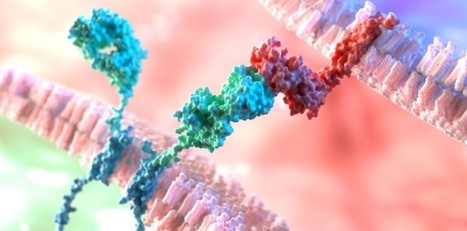


 Your new post is loading...
Your new post is loading...
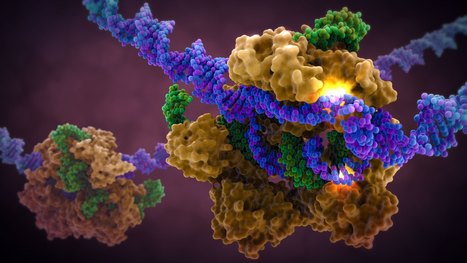

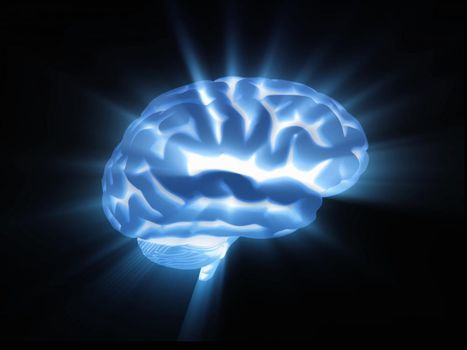

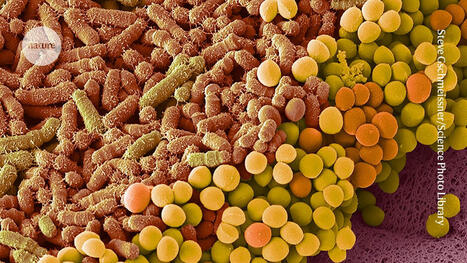
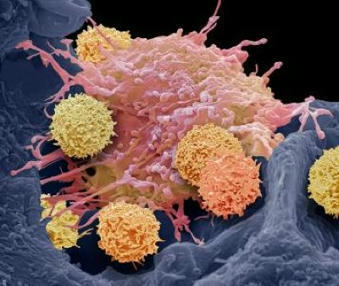


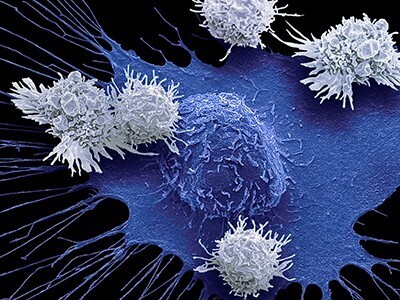
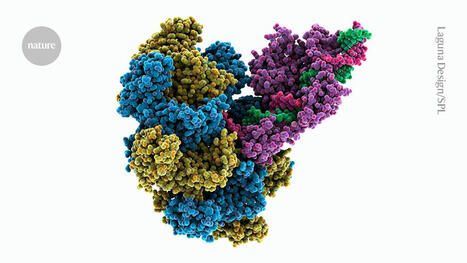


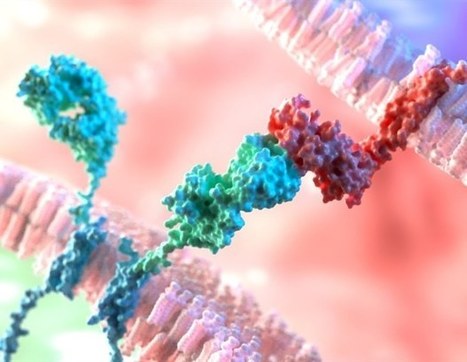


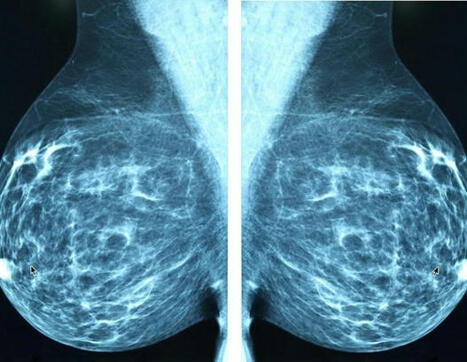
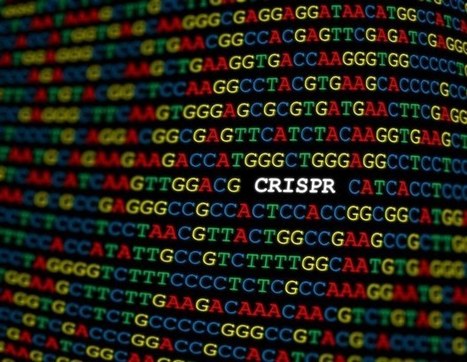
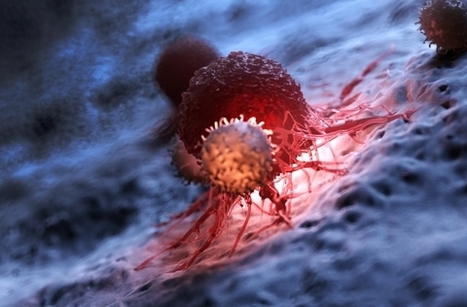
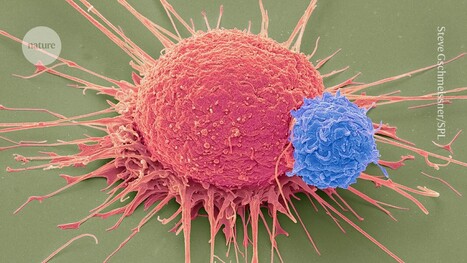
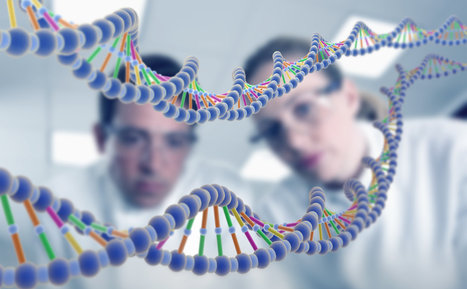

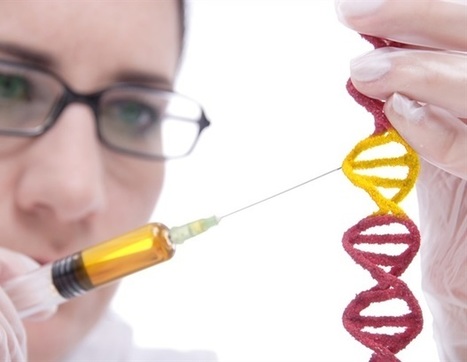
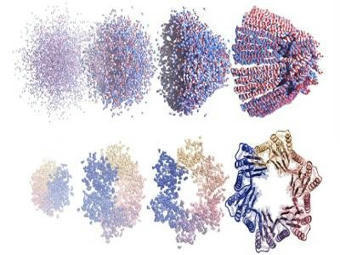





Researchers have introduced a next-generation CAR T-cell therapy, called EchoBack CAR T-cells, in a study published in Cell. Designed to address key limitations of current immunotherapies for solid tumors, including off-tumor toxicity, T-cell exhaustion, and limited persistence, this platform uses sonogenetic engineering to remotely activate CAR T-cells via focused ultrasound (FUS). It employs an ultrasensitive heat-shock promoter, selected from a screened library and integrated with a positive feedback loop from CAR signaling. This setup enables sustained CAR expression after ultrasound stimulation, maintaining antitumor activity for up to five days, versus less than 24 hours for standard CAR T-cells. In preclinical models, EchoBack CAR T-cells eliminated glioblastoma (GBM) cells in 3D cultures and mice, outperforming conventional CAR T-cells. Single-cell RNA sequencing showed enhanced cytotoxicity and reduced exhaustion. The system was also adapted to target prostate-specific membrane antigen (PSMA), showing prolonged tumor control in prostate cancer models. EchoBack CAR T-cells represent a versatile, precise, and safer therapeutic approach, a major advance for treating hard-to-target solid tumors.